Alabama, The United States of America
Alabama a largely rural state is in poor shape — literally. It has a population of 5 million people 68.4% of them are white and 26.5% of them are black. The state is ranked 46th for income and has a poverty rate of 17% (sixth highest in the US). Alabama has a huge health problem which is race related. All STDs are highest among blacks and Hispanics. According to the latest figures from early 2024 62% of the HIV infected population is black and 28% is white.
In 2020 there were an estimated 17522 HIV infections. 14771 of them were diagnosed with HIV. 11016 of them (75%) receive care. 9006 people of the diagnosed HIV population were living with a suppressed undetectable virus. (61%) Quite a shockingly low percentage when you compare these figures with several hard-hit African countries like for example Zambia.
The first three months of 2024 saw 62 new HIV infections 47 male and 15 female.
Stigma against LGBTQ persons generally is high. Many of these individuals do not identify themselves as gay or bisexual. Young black males in the 15 to 29 age group have been identified as a high-risk group. Black females are approximately 9 times more likely to become infected with HIV than white females.
(Source: alabamapublichealth.gov/ HIV)
Latora
Alabama, USA
At 8 o’clock in the evening we received a message that a young woman, living in one of Montgomery’s poorer neighbourhoods, might also want to tell her story. That she had been thinking about this for a long time and that it had not been a simple decision was clear from the long list of comments and questions that accompanied the offer.
I understood her uncertainty very well. In Alabama, it’s a huge step to admit that you are HIV positive. The stigma about people who are HIV-infected is often huge. The church, your colleagues at work, your friends, family and acquaintances … who will still support you when you have told them. Generally speaking, there is little known about HIV. HIV is an infected concept. A lot is kept quiet about HIV and when people do talk about it, it is often based on incorrect assumptions. And so, there are many stories about HIV that are not, or only partially, true. Fortunately, there are also authorities and strong men and women in Alabama who are well informed and who are not afraid of sharing their knowledge.
Latora had to and still has to deal with all of the above. The fact that she decided to work with Atlas, that she chose to show her face and make her voice heard, makes her one of the greatest heroes of this project. After a turbulent life, she is ready. She no longer wants to remain silent. She is who she is; a strong woman with a “rocky past” but with a better future ahead of her.
A day in the life!
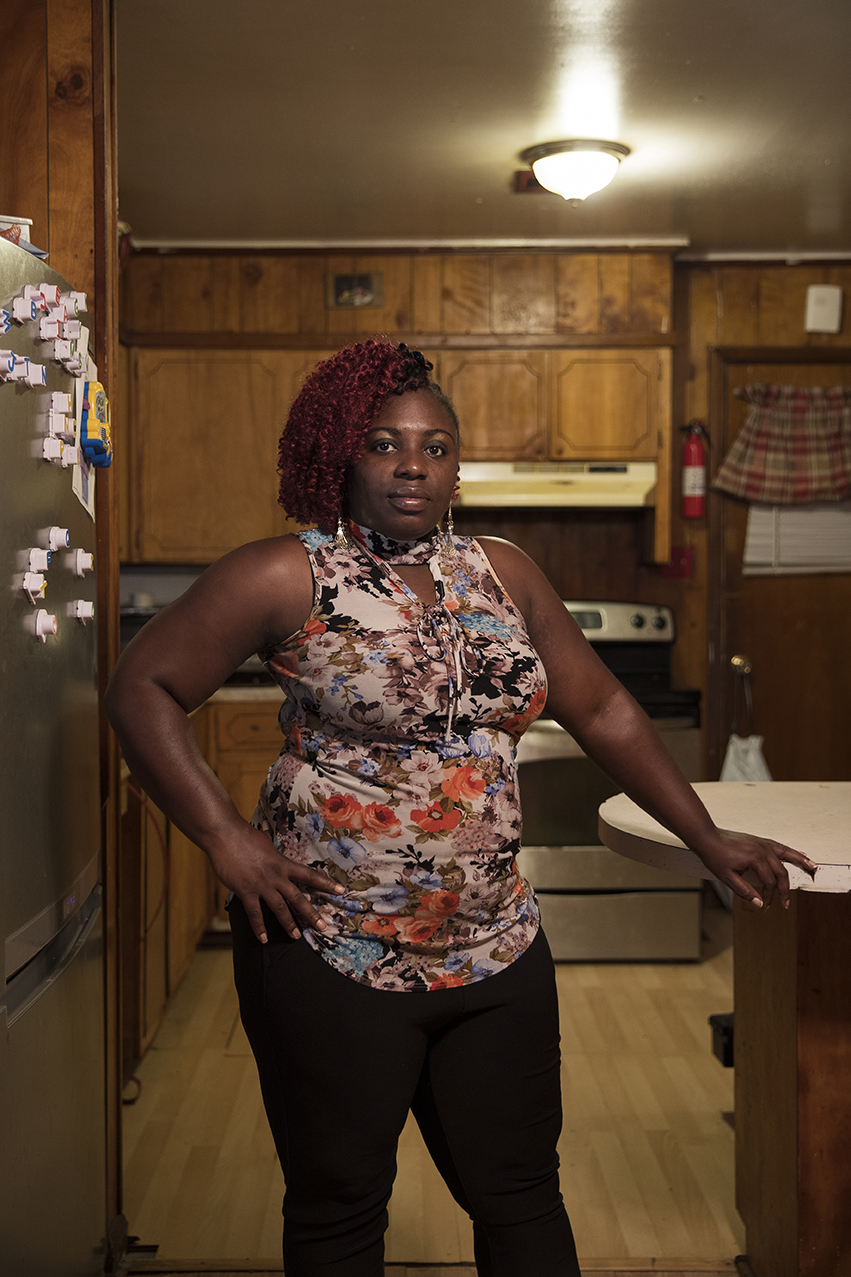
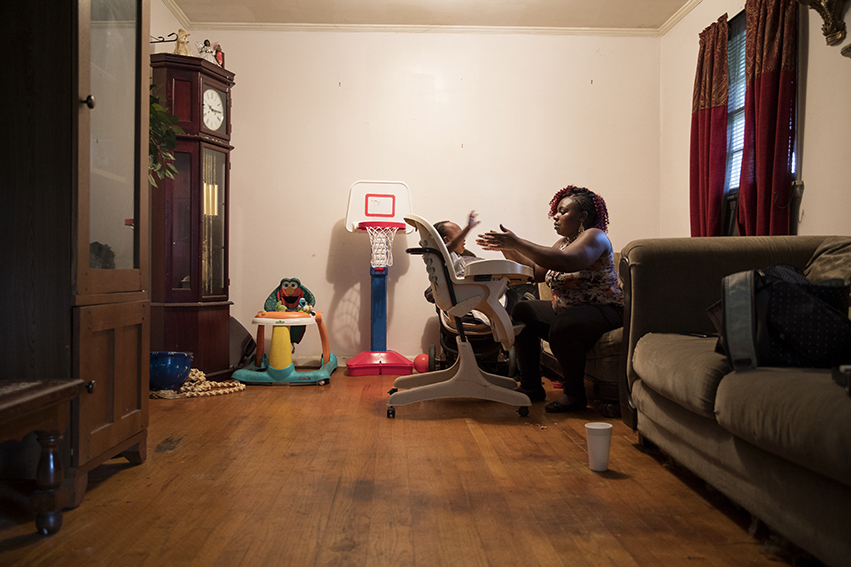
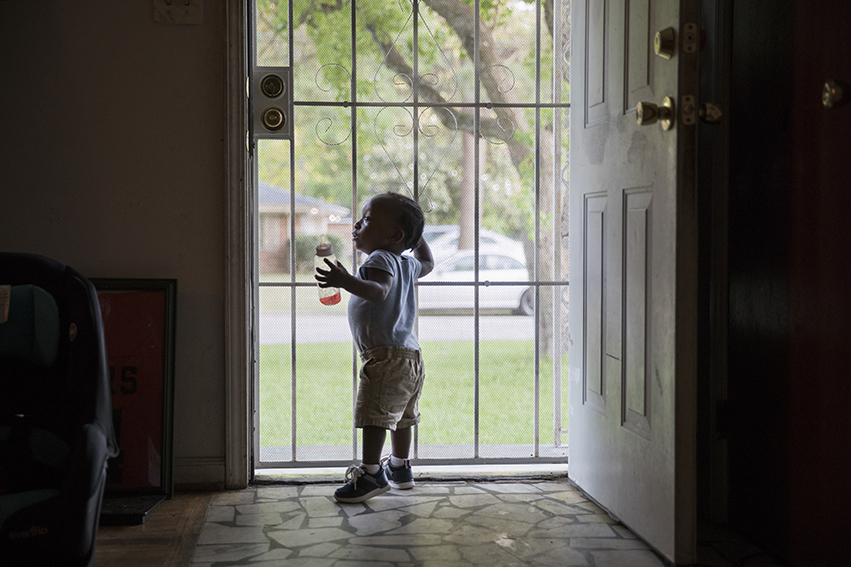
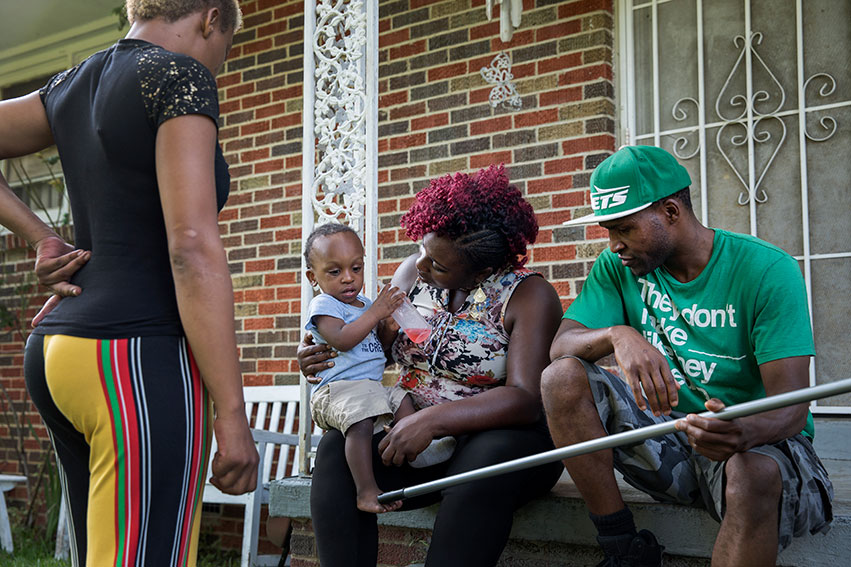
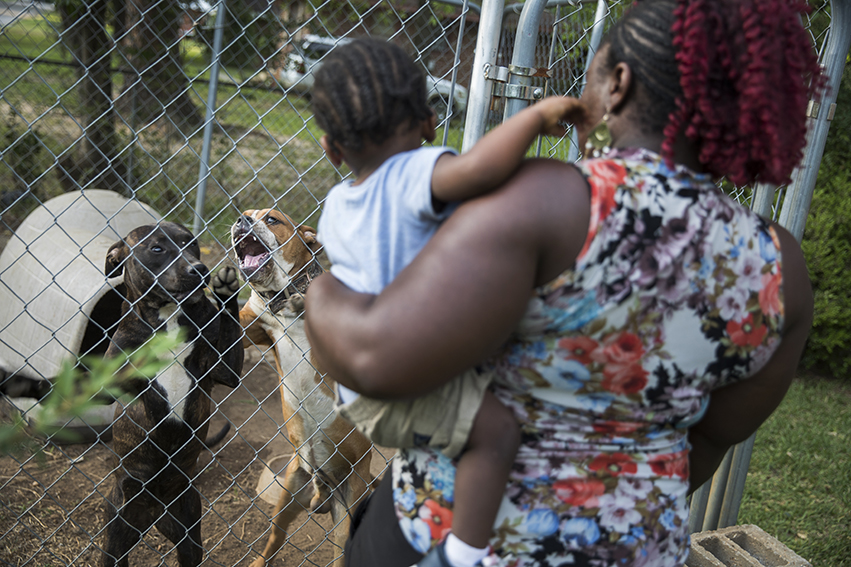
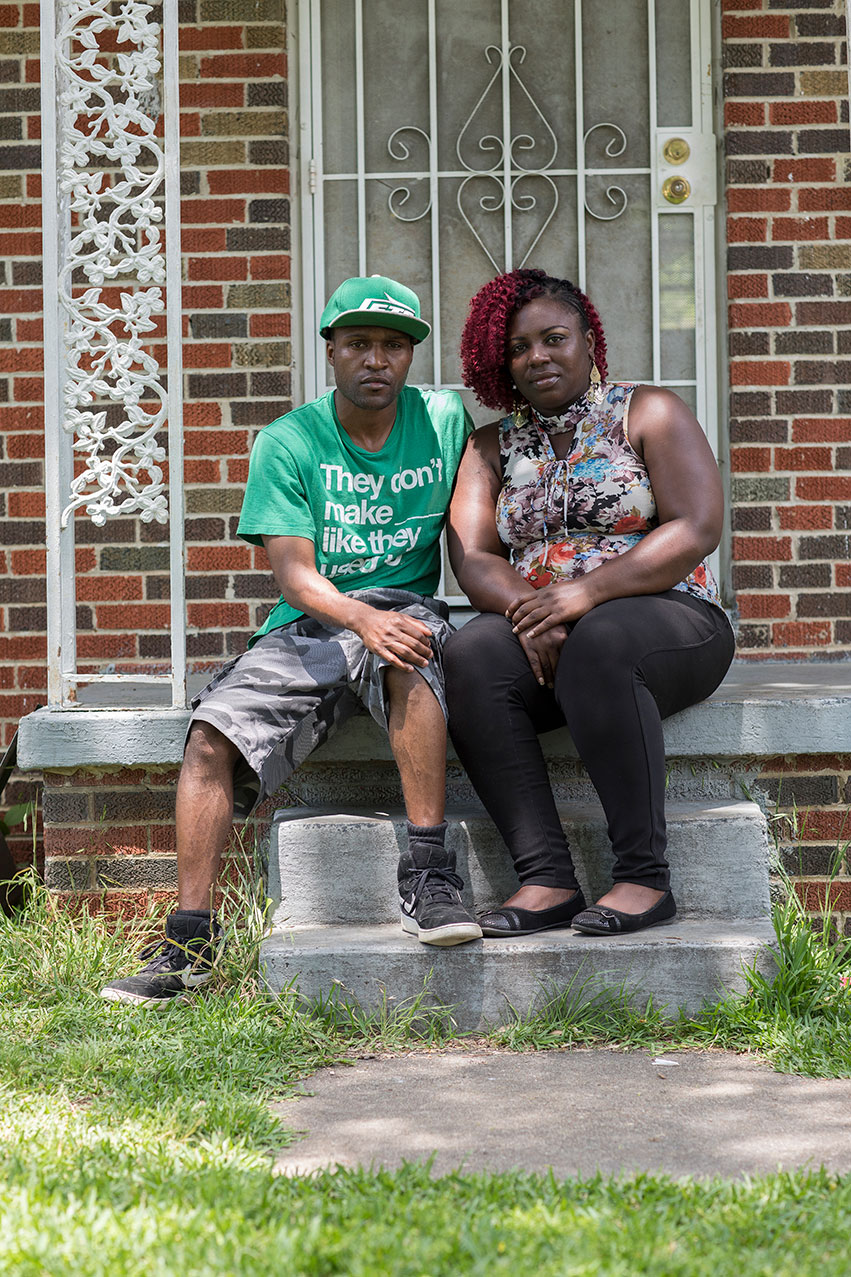
Photo’s by Vincent van den Hoogen
